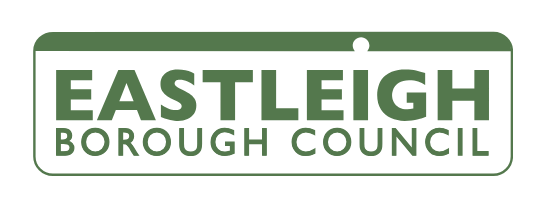For decades, long-term empty properties have been a social and economic issue for local councils, but in recent years, the problem has worsened considerably. Since 2016, the number of empty homes has increased by a third while other figures suggest 500,000 residential properties are sitting empty across the UK.
There are several contributing factors – and it’s not solely down to property developers creating a surplus of luxury apartments as many assume (although this is of course a factor). Many homes have become derelict and uninhabitable as the owners don’t have the funds to regenerate them, or permission to redevelop them falls through. And for some property investors, the costs of letting – including repairs and administration – can outweigh the income gained in rent, meaning they leave homes empty while waiting for the market value to increase.
But regardless of the reasons why, it is an issue that local authorities need to address. And they must do so sooner rather than later, as the future of New Homes Bonus funding from the Government is looking increasingly uncertain. If councils want to capitalise on this funding while it’s still available, time is running out.
A social conundrum
The social costs of empty housing are significant. A report from the National Housing Federation shows 1.6 million UK households could be on social housing waiting lists, while 3.4 million people are living in overcrowded homes – an issue that’s compounded by Covid-19-related job losses and poverty. Combined with the fact that 253,000 people in England are homeless and in temporary accommodation, it’s easy to see how a failure to identify empty homes is a missed opportunity to support vulnerable citizens.

Furthermore, vacant homes reduce housing supply and therefore drive up local rental prices. They can even become unsightly and often derelict, which can drive down the value of surrounding properties. Some long-term empty homes also become targets for burglary, crime and illegal occupation, which costs local authorities money to fix.
Perhaps the biggest factor at play, however, is the fact that every empty property in the UK represents considerable income that councils could maximise if it becomes occupied again. This is through the aforementioned New Homes Bonus, a grant paid by central government to local authorities, to encourage bringing empty homes back into use. In the 2020/21 financial year, the Government committed £907 million to New Homes Bonus funding – money that will go a long way to improve local services for citizens.
Time is of the essence
While the New Homes Bonus scheme has generated millions in funding for local authorities, there’s a real risk it won’t continue. The Government has been uncertain of the longevity of the scheme for some time; in early 2020, it announced that unlike other years, the 2020/21 element of New Homes Bonus funding would only be paid for one year. It has also created uncertainty over whether legacy payments from previous years’ housing growth will continue, despite leading councils to expect these payments to carry on for a further four years. And, even though the latest Spending Review suggests New Homes Bonus funding will continue for another year, it plans to reconsider this in 2022 – meaning local authorities must maximise the returns available now while they still can.
Financial pressure also makes it crucial councils capitalise on the funding. Local authorities have long been working with tight budgets, and had already dealt with a £15 billion reduction to core government funding between 2010 and 2020. The increased costs, reduced income and cash flow pressures caused by Covid-19 have only exacerbated this economic pressure.
Not only this, but local councils have had to adapt to staff absences and the shift to remote working, as well as the administering of emergency support grants. Each of these factors means their resources are significantly stretched. As such, many local authorities don’t have the capacity to carry out inspections and review empty properties themselves – and that’s without accounting for the often complex technology that’s involved.
The time to act is now
Councils must be able to generate additional income wherever possible. Budgets are stretched, resources are scarce, and the pressure to continue keep vital services running in the face of adversity is not set to ease.

It’s for these reasons that identifying long-term empty homes and bringing them back into use has never been more important. Local authorities can unlock millions of pounds in revenue, provided they take advantage of New Homes Bonus funding now before it’s taken away. Naturally, councils may be concerned that their stretched resources could be a roadblock to identifying properties, but they needn’t worry. External experts can carry out the review of vacant properties, often on a risk and reward basis, using specialist data matching technology and a network of experienced inspectors and revenue practitioners.
The bottom line? There really is nothing to lose and so much to gain by tackling empty homes now, before it’s too late.
Contact us to learn how you can partner with Liberata to tackle your Empty Homes Review.





